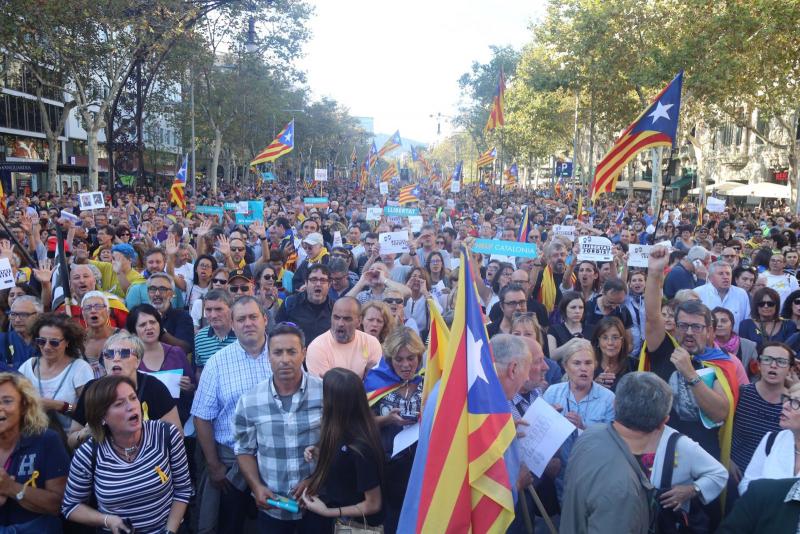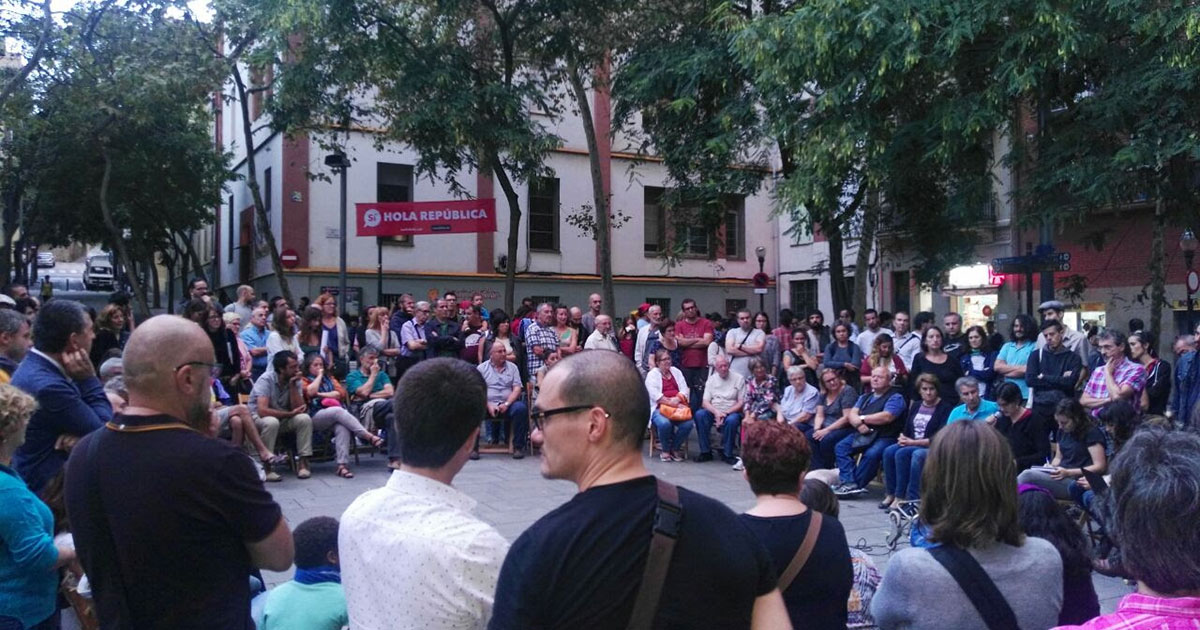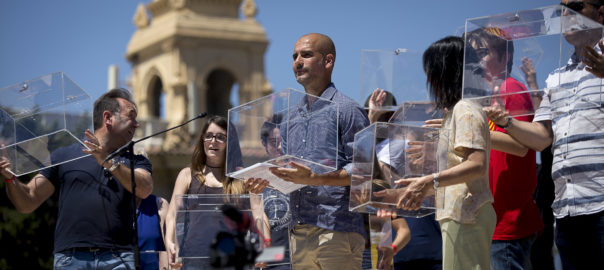national question (Spain)
An anatomy of revolution: Trotsky and the Spanish Revolution, 1931-1935 (Part II)

Spanish state: what does the Sánchez cabinet portend?

Catalonia braces to resist Spanish state war on its self-rule

Spanish state to Catalonia: 'Surrender or we'll take you over'

A meeting of one of the many local Committees
Catalan referendum: a ‘democratic tsunami’ rises against Spanish state siege


Euskadi Ta Askatasuna (or ETA, “Basque Homeland
and Freedom”) a Basque i




